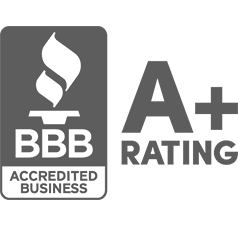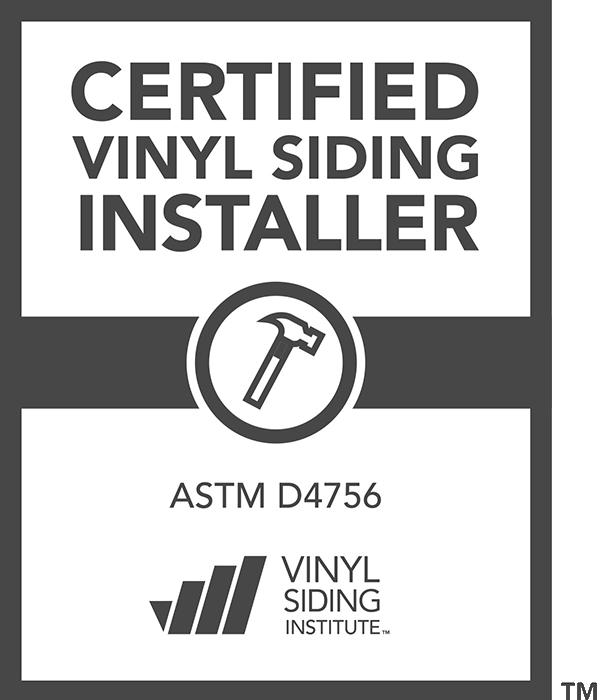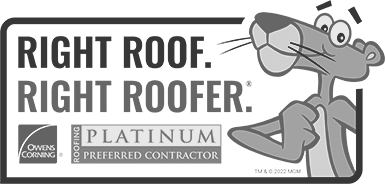Commercial Roofers In Cleveland
Professional Commercial Roofing Solutions for Your Business
At MacGregor Roofing, we specialize in providing top-notch commercial roofing solutions for businesses in Cleveland and throughout Northeast Ohio. With our expertise in both EPDM Rubber Roofing and Modified Rolled Bitumen Roofing, we ensure that your property gets the best protection and longevity. Trust our experienced team to deliver high-quality roofing services tailored to your specific needs, whether it’s for new construction or a replacement project. Choose MacGregor Roofing for your commercial roofing partner and experience the difference.
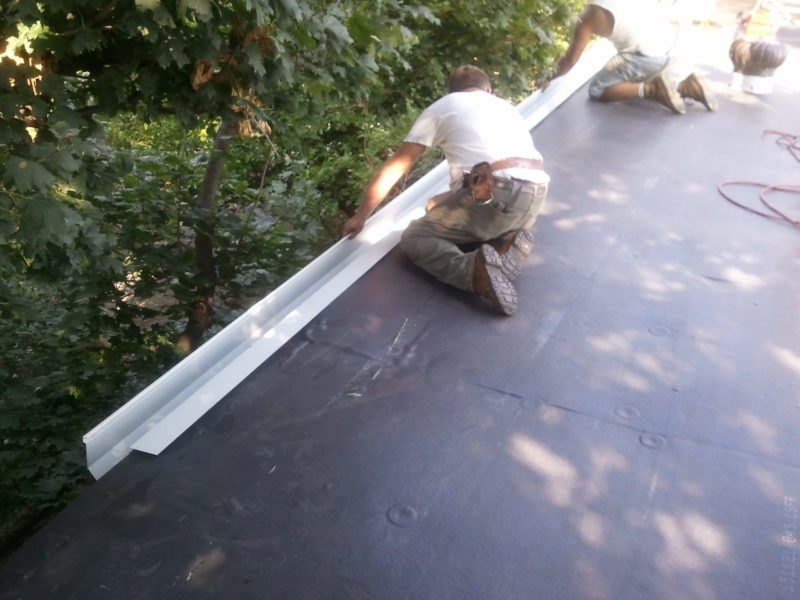
- Expert Commercial Roofing
- EPDM & Bitumen Specialists
- New & Replacement Roofs
- High-Quality Systems
- Skilled & Certified Team
- Free Quotes & Consultations
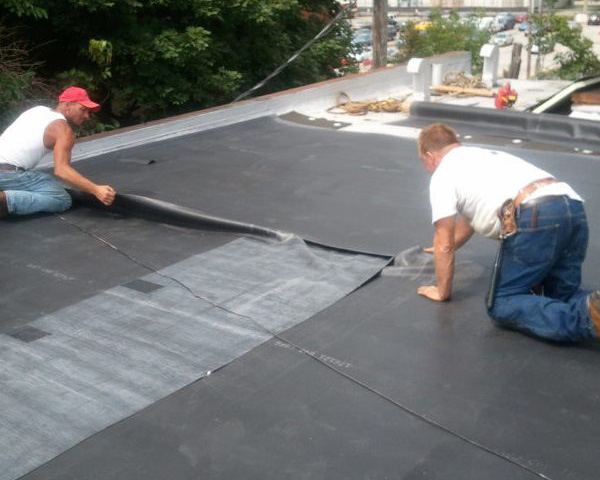
EPDM (Single Ply Rolled Rubber)
EPDM (ethylene propylene diene monomer) is our Commercial roofing system, it’s a low-slope roofing product made of a rubber membrane. Single Ply Roofing is now the leading commercial system being installed in the United States.
- 40+ years in commercial roofing
- 500k+ warranted installations
- 1B+ sq ft new coverings annually
- Top choice in roofing market
- Endorsed by industry experts
- Preferred for new & replacement projects
Why Choose EPDM?
EPDM, a synthetic rubber, has a unique composition that creates a highly flexible and resilient material. This substance resists environmental challenges such as UV rays and harsh weather conditions, along with certain acids and solvents. It can be manufactured as a cured or uncured sheet, allowing for versatile applications in roofing.
Typically, the color of EPDM sheets used for roofing is black, though white sheets are also available, offering a reflective surface to manage solar heat. These sheets come in various thicknesses to suit different project requirements. Choose EPDM for its flexibility, durability, and adaptability in safeguarding your commercial buildings.
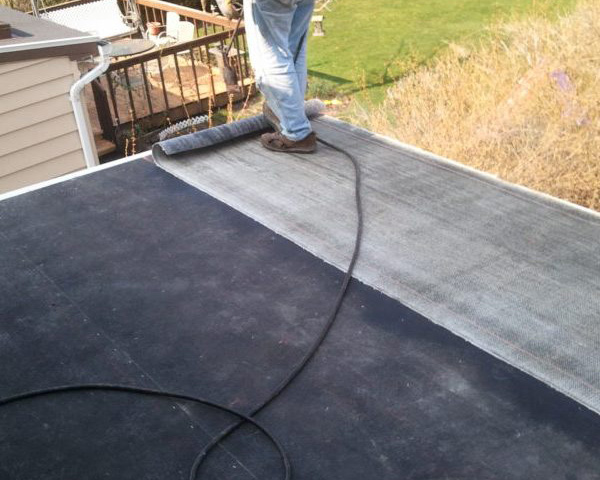
Modified Rolled Bitumen Roofing
Our rubberized asphalt roofing system is mostly used on flat roofs. It is a cost efficient way to protect a flat roof from collections of rainwater. The average life is 15 to 20 years.
- Ideal for flat roofs
- Torch application
- 15-20 year lifespan
- Rainwater protection
- Cost-effective
- Better performance than tar & gravel
About Modified Rolled Bitumen Roofing
Our Modified Rolled Bitumen Roofing, a blend of sturdy bitumen and polymers, is primarily reinforced with either polyester or fiberglass. This roofing material comes in two key types: APP (atactic polypropylene) and SBS (styrene butadiene styrene). APP roofing is flexible and has a plastic-like nature, making it highly adaptable. On the other hand, SBS behaves more like rubber, offering resilience in various weather conditions, including strong UV rays. Some of our SBS systems even employ SEBS (styrene ethylene butadiene styrene) copolymer-modified asphalt for improved flexibility in colder temperatures and enhanced resistance to ultraviolet light.
Things to Consider About Your Commercial Roof
Planning a commercial roofing project demands careful consideration and detailed planning. Knowing the important factors that affect the functionality and durability of your roof will enable you to make knowledgeable decisions that will ultimately extend the lifespan of your roof.
Key Factors
Climate and Geographic Location
The weather conditions and location can greatly influence the type of roofing that is appropriate for your building.Building’s Intended Use and Design Life Expectancy
The purpose and expected lifespan of the building can determine the choice of roofing materials and design.Type of Structural Substrate
The kind of base layer on your roof plays a crucial role in deciding the appropriate roofing system.Fire, Wind, and Impact Resistance
It’s vital that the roofing system you choose is robust enough to endure natural disasters and potential impacts.Maintenance, Repair, and Reroofing Plans
A clear and consistent plan for roof maintenance ensures it stays in top condition for longer periods.Compatibility with Adjacent Components
The roof needs to integrate well with other components of your building.Rooftop Traffic
If your roof will be subject to foot traffic, you’ll need a roofing system that can withstand this.Reflectance and Emittance
Depending on your location, you might consider the roofing material’s ability to reflect sunlight and emit heat, potentially saving on cooling costs.
Additional Components
Aside from these, other components installed by different trades can influence your roof system’s durability. These components may include things like drain components, flashings, safety anchors, and more. It’s essential to discuss and determine responsibility for these components before the project begins.
Grasping these factors will guide you to a successful roofing project that meets your specific requirements and ensures a long-lasting, worthwhile investment.
Customer Testimonials
Hear from Our Satisfied Customers

